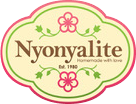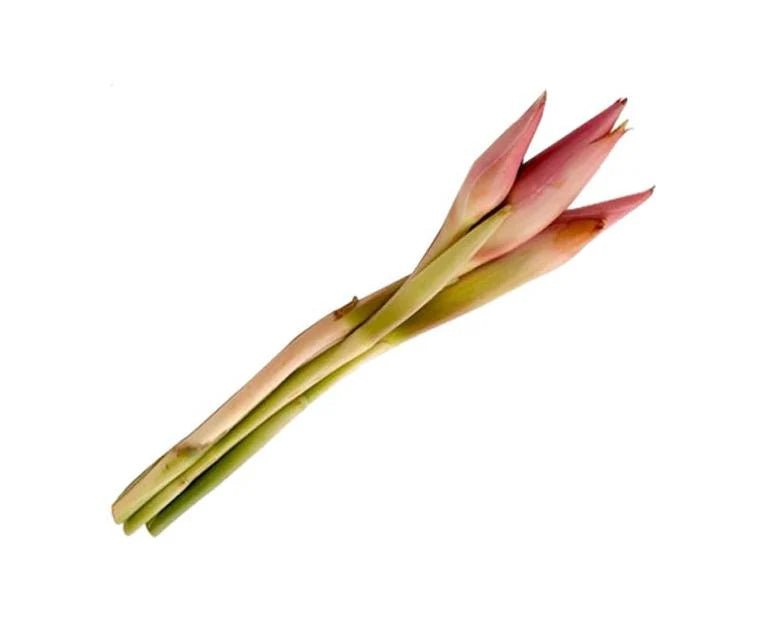Free Delivery. No minimum orders. Limited Time.
Ginger flower (Etlingera elatior), also known as torch ginger or bunga kantan, is a vibrant and aromatic ingredient that plays a vital role in Peranakan cuisine. This bright pink flower, with its unique flavor and aroma, is used in various traditional dishes, adding a distinctive touch that sets Peranakan food apart.
What is Ginger Flower (Bunga Kantan)?
Bunga kantan (Etlingera elatior), also called torch ginger, is a tropical plant native to Southeast Asia. The flower buds, stems, and seeds are edible and widely used in Malaysian, Indonesian, and Thai cuisines. The buds are harvested before they fully bloom, providing a crisp texture and a refreshing, floral flavor.
How Bunga Kantan is Used in Peranakan Cooking
Asam Laksa
One of the most famous Peranakan dishes featuring bunga kantan is Asam Laksa, a tangy and spicy fish noodle soup which is ranked No.2 Best Asian Street Food by CNN. The ginger flower is added towards the end of cooking, imparting a unique floral aroma and a slight crunch that enhances the overall texture and flavor of the dish.
Kerabu (Peranakan Style Salads)
Bunga kantan is also a key ingredient in various types of kerabu, or traditional Peranakan salads. It is finely sliced and mixed with other fresh ingredients such as cucumber, shallots, and lime juice, creating a refreshing and aromatic salad that complements richer main dishes.

Peranakan-style Salad, the Kerabu. Source
Nyonya Acar
Nyonya acar, a pickled vegetable dish, often includes thin slices of bunga kantan to elevate the flavour of the dish. The flower's zesty and slightly spicy notes add complexity to the pickle, making it a perfect accompaniment to rice and other Peranakan dishes.
The Unique Flavor Profile of Bunga Kantan
Bunga kantan has a distinctive flavor that is both tangy and floral, with a hint of spiciness. Its aroma is often described as a combination of ginger and lemongrass, providing a refreshing and uplifting scent that enhances the sensory experience of Peranakan cuisine. The flower's crisp texture adds a delightful contrast to the softer components of many dishes.
Cooking Tips and Storage
When using bunga kantan in cooking, it is best to add it towards the end of the cooking process to preserve its delicate flavor and texture. The buds can be finely sliced or chopped, depending on the dish. Fresh bunga kantan can be stored in the refrigerator, wrapped in a damp cloth, for up to a week. It can also be frozen for longer storage, though this may slightly alter its texture.
Conclusion
Bunga kantan, or ginger flower, is more than just a beautiful and aromatic ingredient; it is a cornerstone of Peranakan cuisine. Its unique flavor and versatility make it an essential component in many traditional dishes, from Asam Laksa to Nyonya acar. By understanding and appreciating the significance of bunga kantan, we gain a deeper insight into the rich culinary heritage of the Peranakan people.

